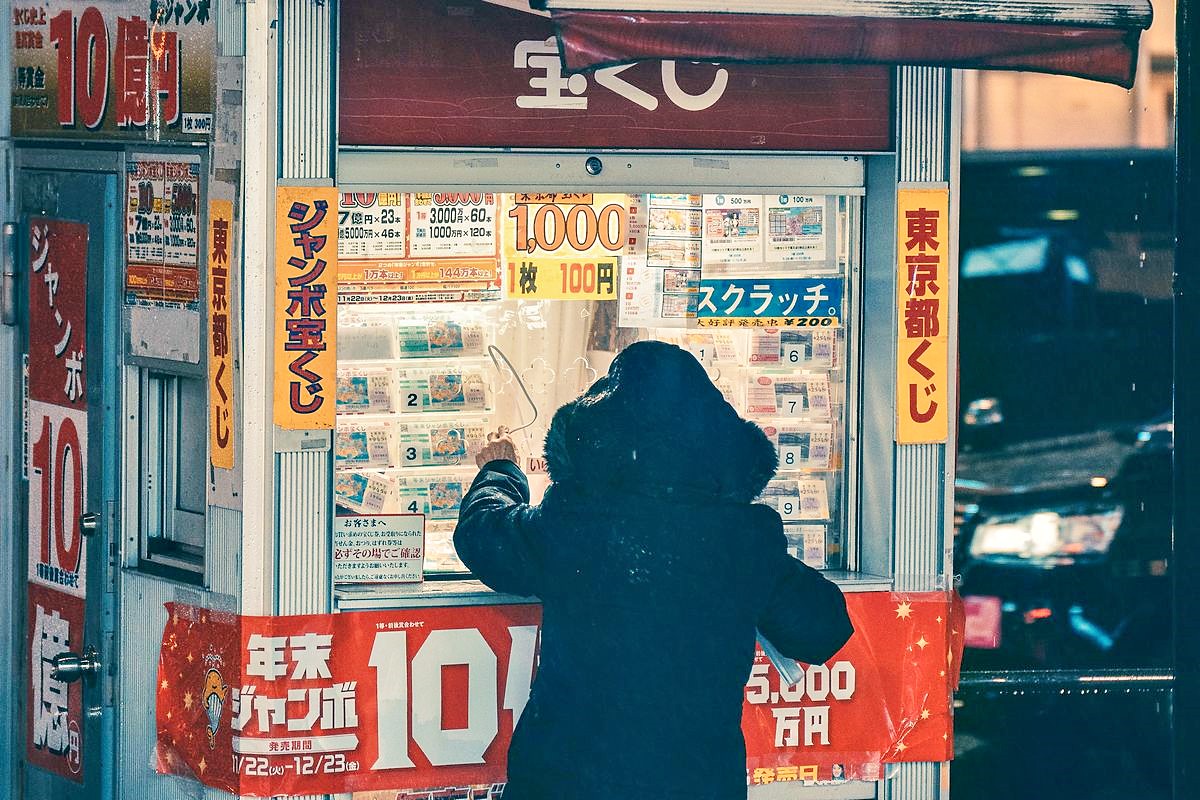In a world where dreams of overnight riches and life-changing fortunes are sold at every corner store, the lottery has become a cultural phenomenon. Promises of multi-million dollar jackpots lure millions of Americans to part with their hard-earned cash, fueled by the tantalizing prospect of escaping the daily grind. However, beneath the flashy billboards and the allure of easy money lies a disturbing reality – one that preys on the most vulnerable members of society. 😞
The Irresistible Allure of Gambling 🎲
Since ancient times, humans have been drawn to the thrill of gambling, the rush of risking it all for the chance at a life-altering win. From the opulent casinos of Las Vegas to the humble corner store lottery kiosk, the promise of riches has an undeniable allure. Governments around the world have capitalized on this innate human desire, transforming the lottery into a multi-billion dollar industry. 💸
In the United States alone, a staggering $100 billion was spent on lotteries in 2021 – a figure that defies comprehension. This colossal sum represents the collective hopes and dreams of countless individuals, each willing to part with a few dollars for the chance at a better life. But what many fail to realize is that the odds of winning are astronomically low, often compared to the likelihood of being struck by lightning or winning an Olympic gold medal. 💫
A Regressive Tax on the Vulnerable 💸🚫
While the lottery is touted as a voluntary form of entertainment, the reality is far more insidious. Studies have consistently shown that lower-income and less educated individuals bear a disproportionate burden when it comes to lottery spending. In some states, households earning less than $35,000 annually spend more than double on lottery tickets compared to those earning over $100,000. 😔
This disturbing trend is not limited to income brackets; it also extends to racial disparities, with communities of color more likely to participate in lottery games. The allure of a life-changing windfall is particularly potent for those struggling to make ends meet, making the lottery a cruel form of exploitation. 💰🤑
Moreover, the very neighborhoods that house lottery retailers often have higher poverty rates, creating a vicious cycle of desperation and false hope. It’s a stark reminder that the lottery preys on the most vulnerable members of society, extracting precious resources from those who can least afford it. 😢
Deceptive Promises and Misguided Funding 💸📚
To add insult to injury, the revenue generated from lotteries is often touted as benefiting “good causes” such as education and social programs. However, the reality is far more complicated. In many cases, lottery proceeds are used to supplement existing budgets rather than providing additional funding, rendering the supposed benefits little more than a smokescreen. 🤥
Even more egregious is the fact that the funds generated from lottery sales are often allocated in a manner that fails to benefit the very communities that contributed the most. Scholarships and educational programs frequently favor wealthier institutions, while the neighborhoods that sustained the lottery’s revenue stream see little in return. 🏫💰
In a cruel twist of irony, some states have even used lottery proceeds to fund programs aimed at combating gambling addiction – a blatant acknowledgment of the insidious nature of the industry they profit from. 🃏💊
The Relentless Pursuit of Profit 💰💼
Behind the scenes, powerful corporate interests play a significant role in perpetuating the lottery’s stranglehold on society. From printing companies that supply the scratch-off tickets to the manufacturers of the latex coatings that conceal potential winnings, a vast network of businesses profit handsomely from the lottery’s continued existence. 🏭💵
These companies employ armies of lobbyists to influence lawmakers and maintain the status quo, ensuring that the flow of revenue remains uninterrupted. In a perverse twist, the very entities that enable the exploitation of vulnerable communities are the ones wielding the greatest influence over the system. 💰🤝
Breaking the Cycle of Exploitation 🚫💰
As awareness grows surrounding the lottery’s predatory practices, calls for reform are gaining momentum. Critics argue that governments should seek alternative sources of revenue that do not disproportionately burden the most disadvantaged members of society. 📢
Some propose implementing stricter regulations on advertising and marketing practices, ensuring that the true odds of winning are clearly communicated. Others advocate for increased transparency in the allocation of lottery proceeds, ensuring that funds genuinely benefit the communities that contribute the most. 📚💰
Ultimately, the lottery represents a cruel exploitation of human vulnerability, a system that profits from the desperation of those struggling to make ends meet. It is a stark reminder that the pursuit of wealth often comes at the expense of those who can least afford it. As a society, we must confront this harsh reality and demand change – for the sake of those who risk their last dollars in pursuit of a dream. 🌟
Copyright © 2024 Hea1th.net

